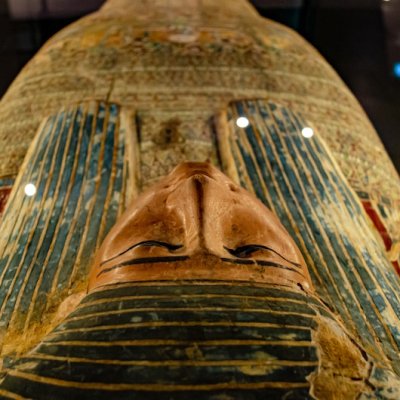- Dictionary
USAGE NOTE
This word is often capitalized in the sense shown in 6).
pride(
prayd
)A noun is a word referring to a person, animal, place, thing, feeling, or idea (e.g., man, dog, house).
a. el orgullo (M)
(m) means that a noun is masculine. Spanish nouns have a gender, which is either feminine (like la mujer or la luna) or masculine (like el hombre or el sol).
Seeing his son go to college filled him with pride.Ver a su hijo ir a la universidad lo llenó de orgullo.
The coach said he felt nothing but pride for the way his team played in the tournament.El entrenador dijo que no sentía nada más que orgullo por cómo su equipo jugó en el torneo.
2. (conceit)
a. la soberbia (F)
(f) means that a noun is feminine. Spanish nouns have a gender, which is either feminine (like la mujer or la luna) or masculine (like el hombre or el sol).
My grandfather always said that pride goes before a fall.Mi abuelo siempre decía que antes del quebrantamiento es la soberbia.
b. el orgullo (M)
(m) means that a noun is masculine. Spanish nouns have a gender, which is either feminine (like la mujer or la luna) or masculine (like el hombre or el sol).
In her pride, she refused to take advice and it ruined her.En su orgullo rehusó escuchar consejos, y fue su ruina.
a. el orgullo (M)
(m) means that a noun is masculine. Spanish nouns have a gender, which is either feminine (like la mujer or la luna) or masculine (like el hombre or el sol).
I don't know why, but that horrid dog is his pride and joy.No sé por qué, pero ese perro tan horroroso es su orgullo y su alegría.
a. el amor propio (M)
(m) means that a noun is masculine. Spanish nouns have a gender, which is either feminine (like la mujer or la luna) or masculine (like el hombre or el sol).
I have a certain amount of pride, so I would never ask for money.Tengo algo de amor propio, por lo que nunca pediría dinero.
6. (LGBT event)
a. la Fiesta del Orgullo (F)
(f) means that a noun is feminine. Spanish nouns have a gender, which is either feminine (like la mujer or la luna) or masculine (like el hombre or el sol).
As every year, members of various LGBT groups paraded at pride.Como cada año, miembros de diversos grupos LGBT desfilaron en la Fiesta del Orgullo.
b. el Orgullo (M)
(m) means that a noun is masculine. Spanish nouns have a gender, which is either feminine (like la mujer or la luna) or masculine (like el hombre or el sol).
I wouldn't miss pride for the world. I always have such a good time!No me perdería el Orgullo por nada del mundo. ¡Me lo paso siempre tan bien!
Examples
Phrases
Machine Translators
Translate pride, using machine translators
Other Dictionaries
Explore the meaning of pride in our family of products.
Random Word
Roll the dice and learn a new word now!
Want to Learn Spanish?
Spanish learning for everyone. For free.




















